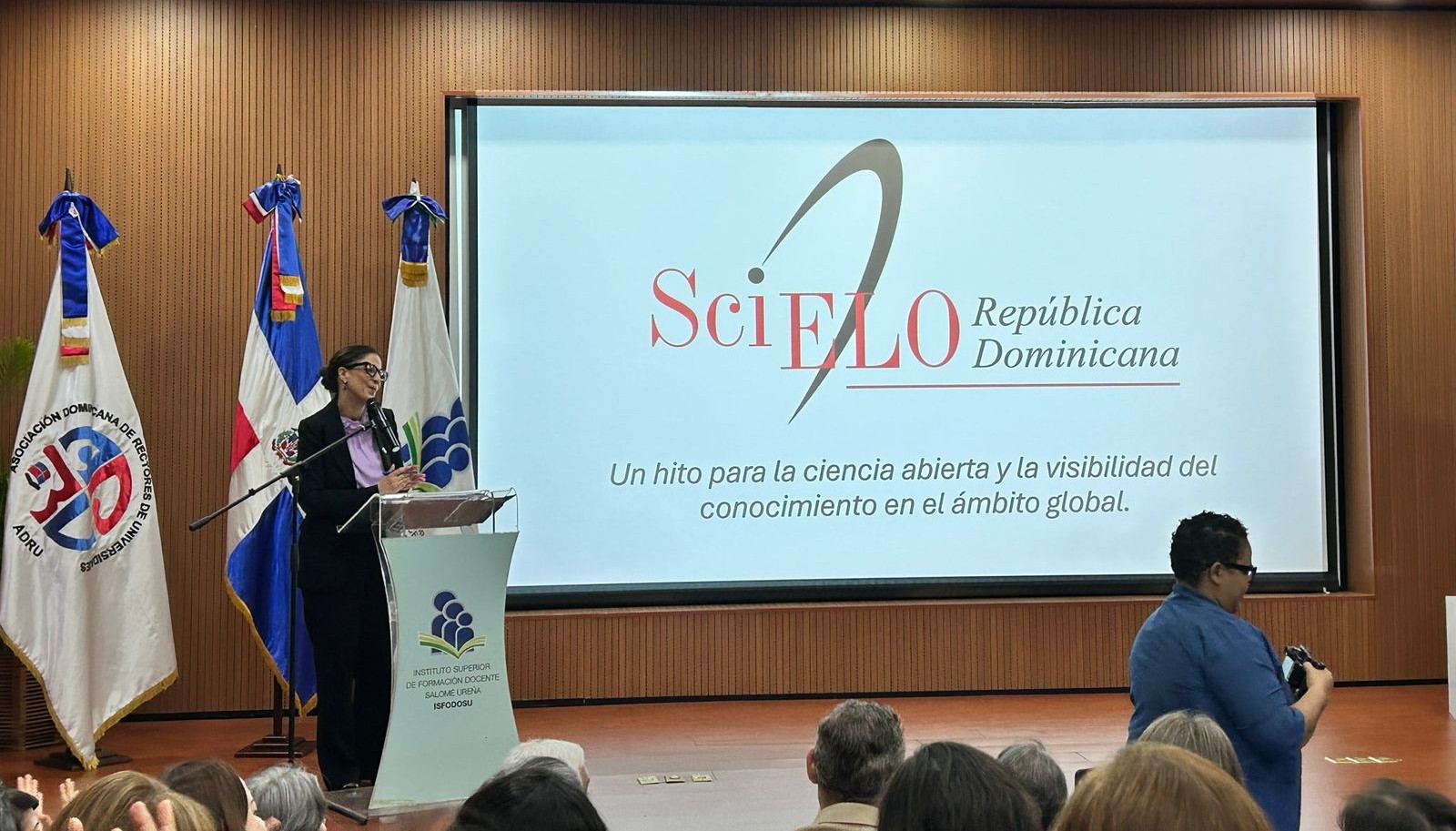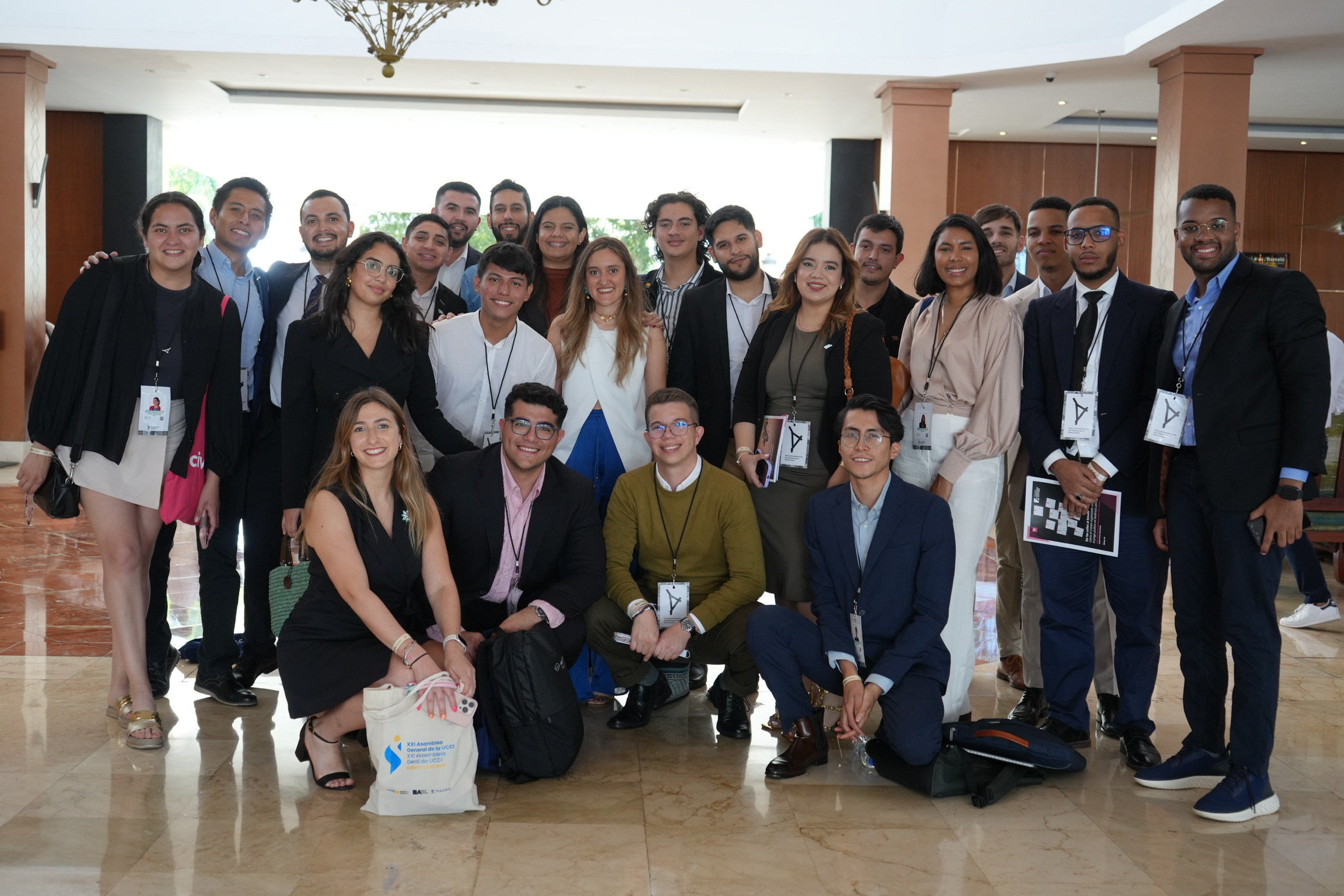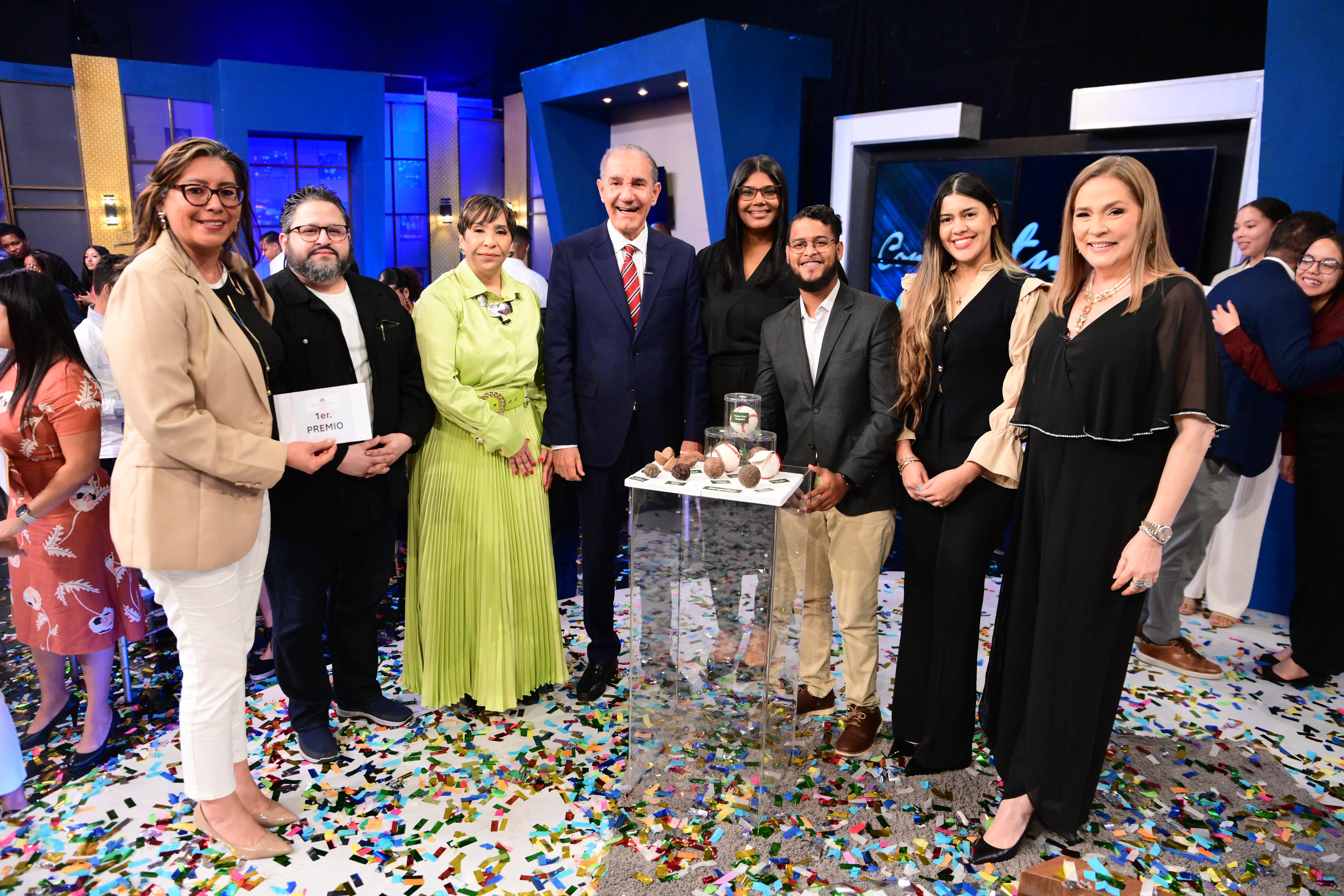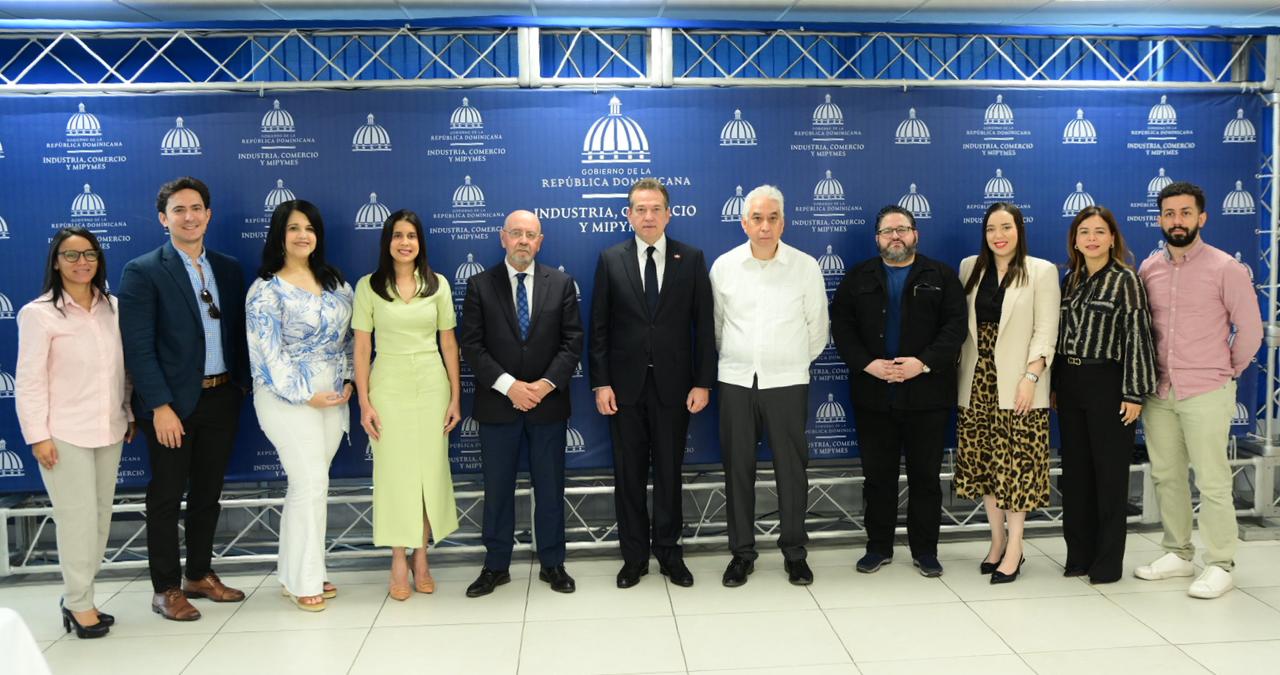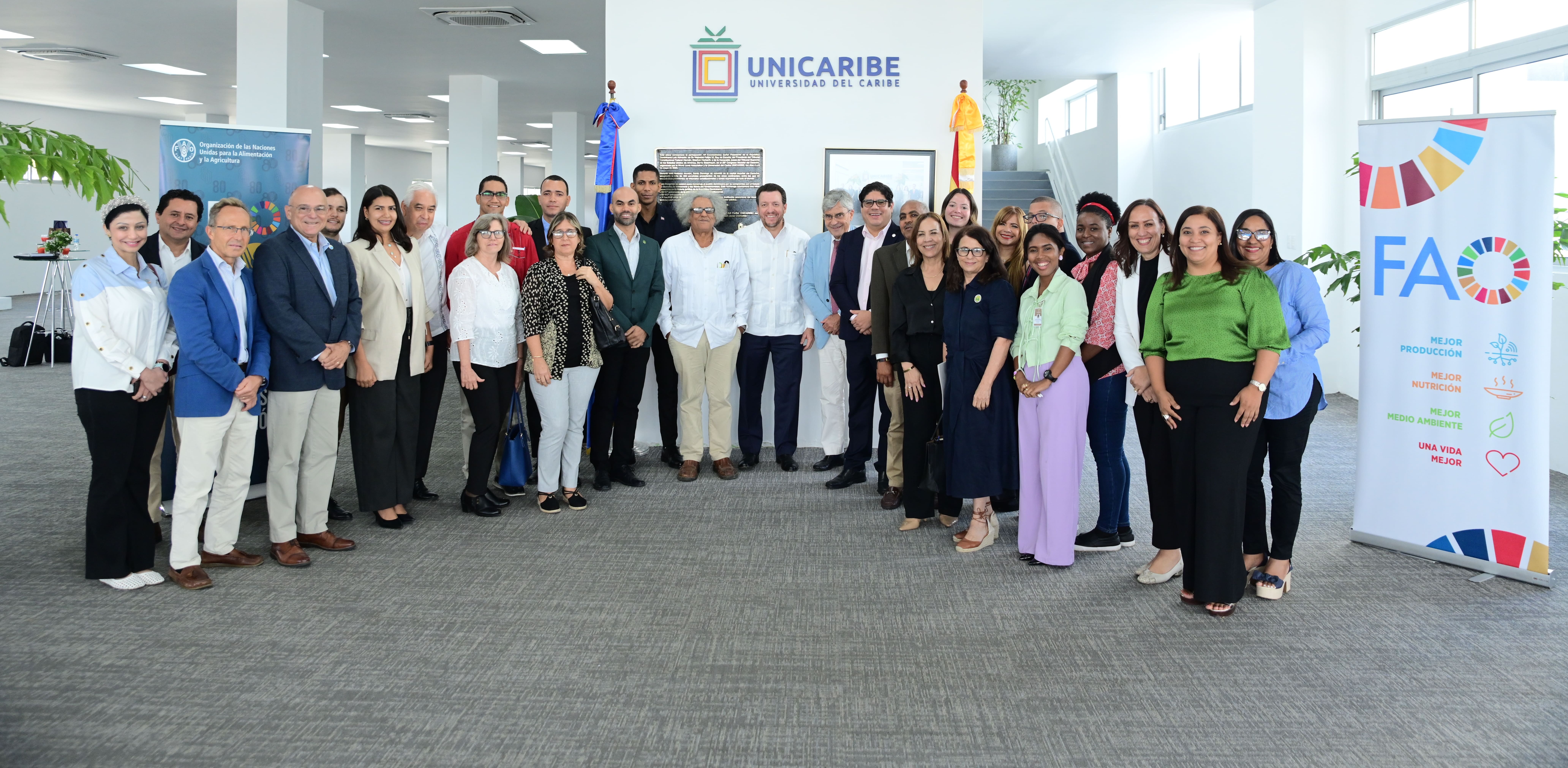The planet is facing an environmental crisis of unprecedented magnitude, caused by climate change, deforestation, ocean pollution and uncontrolled waste generation. According to the Intergovernmental Panel on Climate Change (IPCC), phenomena such as the increase in global temperature, the acidification of the seas and alterations in ocean currents are seriously affecting marine biodiversity and the stability of coastal ecosystems. Among the visible consequences is the uncontrolled proliferation of sargassum (Sargassum spp.), a genus of marine macroalgae comprising more than 615 species distributed globally (Mattio et al., 2015; González, Constantino & Pérez, 2023).
In the last decade, massive upwelling of sargassum has reached unprecedented numbers in the Caribbean, with accumulations estimated at up to 20 million metric tons annually (Wang et al., 2019). Although sargassum fulfills vital ecological functions in its natural habitat, its excessive growth in coastal waters has caused beach degradation, mortality of marine organisms, decreased biodiversity, impacts on tourism and fisheries, and public health problems due to the toxic gases emitted in its decomposition (Robledo et al., 2021). In the Dominican Republic, a country dependent on coastal tourism, this phenomenon causes millions of dollars in losses and cleanup costs of up to US$1.5 million per kilometer of beach per year (RC_2024_192, 2024).
In 2025, the SargaOut RD proposal was awarded first place in the National University Entrepreneurship Competition, organized by the Ministry of Higher Education, Science and Technology (MESCYT). This edition counted with the participation of 31 universities and the presentation of 17 finalist projects, highlighting SargaOut for its comprehensive approach, its technical feasibility and its potential environmental, cultural and economic impact. This recognition not only validates the project, but also positions the Universidad del Caribe as a national reference in sustainable innovation from academia.
Sustainable innovation is defined as the ability to generate products or services that integrate economic, social and environmental objectives, responding to the challenges of sustainable development (Ospina, Vivares & Rozo, 2021). SargaOut is framed within this paradigm, by proposing an ecological, culturally meaningful sports product that contributes to mitigate an environmental problem and promotes new models of green entrepreneurship. The research was developed in five main stages.
- Diagnosis of the problem
- Manual collection of sargassum on Dominican beaches
- Development of ball core prototypes
- Market validation
- Business model design using CANVAS methodology
The technical results showed that it is possible to manufacture approximately 6,900 balls from one ton of sargassum, which would require between 88 and 90 tons per year to supply the Dominican market estimated at 609,000 units. The final product complies with the basic parameters of the MLB, although improvements in durability and resistance are still required to obtain official certifications.
From a social and market point of view, the survey showed high product acceptance, willingness to purchase and support for sustainable sports solutions. This is in line with global trends of responsible consumption and environmentally friendly products in the sports industry (Ospina et al., 2021). The project also opens opportunities to generate jobs in the collection and processing of sargassum, favoring the local economy and environmental awareness in coastal communities.
Compared to other alternatives for the valorization of sargassum, such as the production of bioplastics, handmade paper or building blocks (Desrochers et al., 2022), SargaOut stands out for linking the resource to a product of high cultural value in the Dominican Republic, baseball, which increases its visibility and potential for social adoption. In this way, the project not only proposes a technical and economic solution, but also contributes to national identity and environmental education.These results support the hypothesis that applied innovation, when integrated with culture and sustainability, can become high-impact entrepreneurship, bringing environmental, social and economic benefits, and contributing to the Sustainable Development Goals (SDGs 12 and 13).
SargaOut RD represents a clear example of how applied university research can become a sustainable enterprise capable of responding to global environmental issues. The proposal demonstrates that it is technically and socially viable to manufacture baseballs from sargassum biomass collected from Dominican coasts, with tangible benefits for the environment, the local economy and the country’s cultural identity.
To consolidate the initiative, it is recommended that progress be made in optimizing the prototype, obtaining international sports quality certifications, establishing alliances with professional leagues and manufacturers, and securing public and private financing to scale production and replicate the model in other countries affected by sargassum. The project confirms that global environmental challenges can be transformed into opportunities for innovation, entrepreneurship and sustainable development when science, creativity and culture work together.
Authors:
Dr. Rafael Nunez – Principal Investigator.
NayeliAbreu, Dincel Santana, Nicole Severino, Ruby Cruz, Diana Morales and József Kovács – Research Assistants (Graduate Students).
 Español
Español English
English


